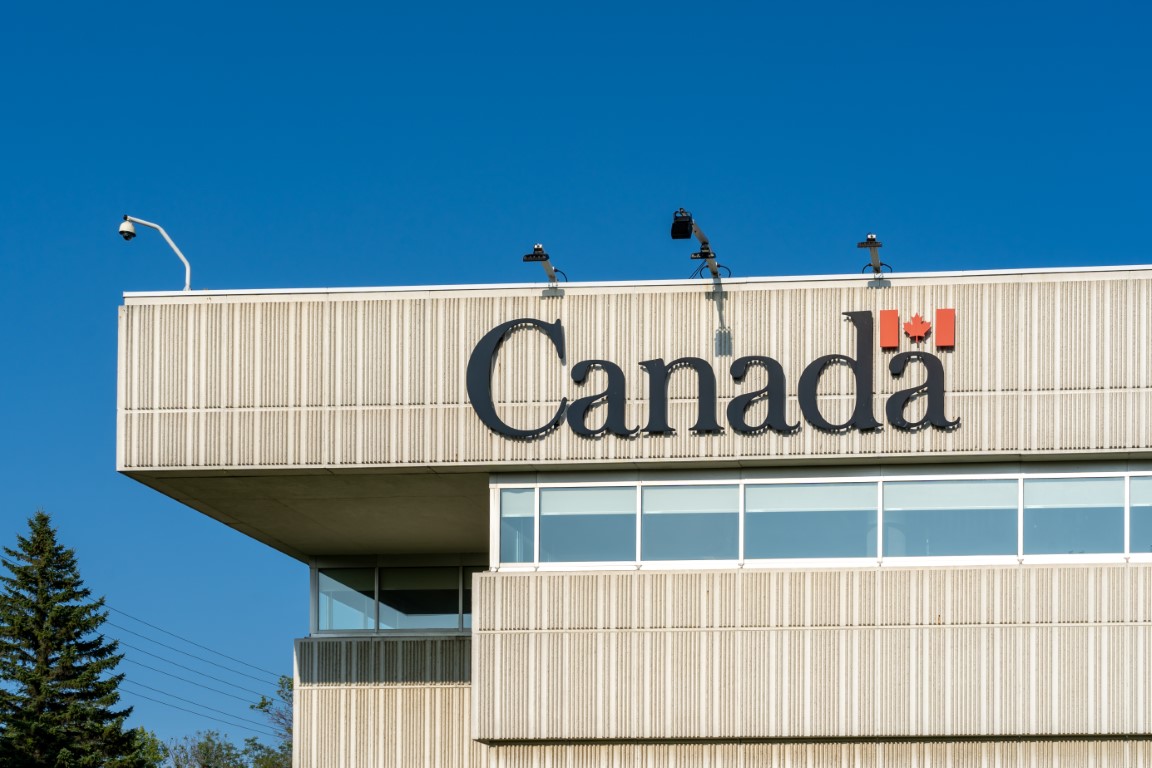The Canadian province of Manitoba is redefining its approach to immigration through its Provincial Nominee Program (PNP). The recent shift, championed by Labor and Immigration Minister Malaya Marcelino, aims to prioritize skilled workers with familial ties within the province. This strategic move comes at a time when Manitoba grapples with declining retention rates of its immigrant population.
Manitoba’s PNP has historically been a key pathway for skilled workers to enter the province. However, recent draws have distinctly favored candidates with close family ties in Manitoba. This pivot is not arbitrary; it is a response to observed patterns where immigrants with strong local family connections are more likely to stay in the province long-term.
Family connections now play a pivotal role in the PNP selection process. Applicants with Manitoba-based relatives receive higher points in the ranking system, making them more likely to be invited to apply. This approach reflects an understanding of the crucial role family plays in an immigrant’s decision to settle permanently.
Despite this family-centric approach, the economic goals of the PNP remain paramount. The program continues to attract skilled workers who can fill labor gaps, while also strengthening familial bonds to boost retention rates.
Trends in Retention Rates
Manitoba’s retention rates for immigrants have been on a downward trajectory. As of 2020, only 67.7% of immigrant taxpayers remained in the province after five years, the lowest in 14 years. This decline signals a need for innovative strategies like prioritizing family connections, which could foster longer-lasting settlement decisions.
Ryan Kuffner, head of Winnipeg’s Economic Development Agency, supports this integrated approach. The blend of skill-set selection and family ties is believed to not only fill skill gaps but also enhance retention, vital for the province’s long-term economic growth.
Manitoba’s recalibration of its PNP to prioritize family ties among skilled workers is a strategic move addressing two critical issues: the need for skilled labor and declining retention rates. By integrating family connections into the selection process, the province aims to create a more stable and prosperous community. This balance between economic needs and the personal lives of immigrants could set a precedent for other regions facing similar challenges.
Our services
- Preparing and advising on immigration applications.
- Representing clients in the PNP process.
- Offering personalized consultation tailored to individual circumstances.












